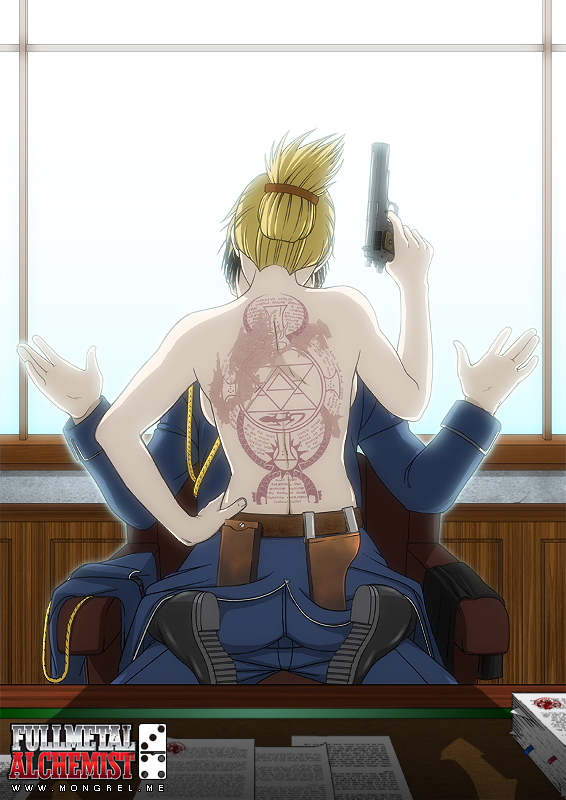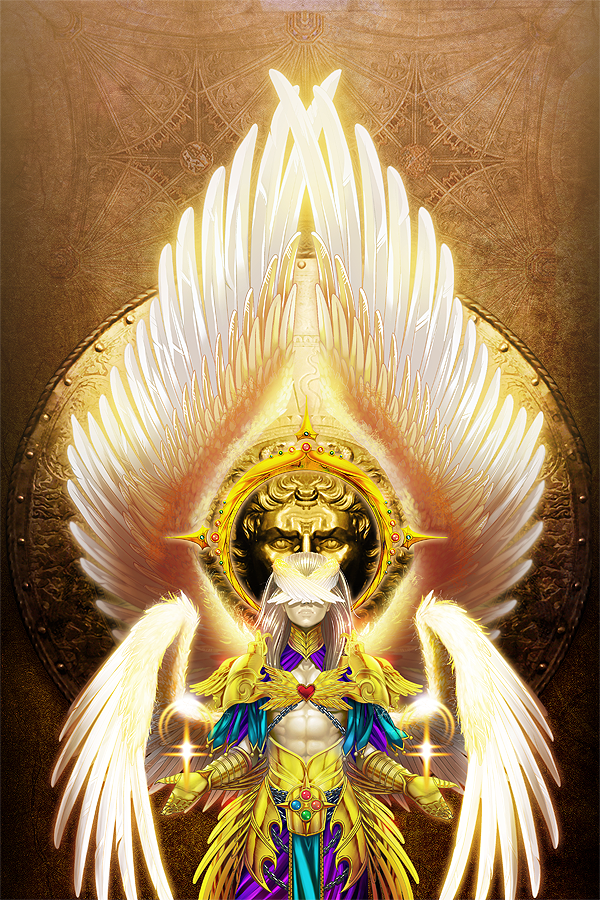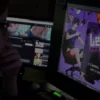
Beginning your career as an artist can be a highly satisfying experience. Although time-consuming and frustrating, the result is often worth all the effort and perseverance. One of the things I enjoyed most about art commissions was that what you see is what you get. Whereas with my previous profession as a programmer, there was always more wanting to be added under the hood (scope creep was always a problem with clients).
However, before embarking on becoming a professional artist, I would like to ask you one question. Why do you want to be a professional artist? Have you always wanted to be an artist? Is it a lifelong dream? Or are you relatively skilled at art, and a friend or family member suggested looking into making money off this hobby?
If being an artist has always been your dream, then good luck! I hope the information in this article proves helpful to you. However, if you’re considering turning your art into a “side hustle” (I hate that term, btw), I suggest you carefully consider whether or not this is something you genuinely want to do. I also want to be sure you understand that you don’t have to make money off of a hobby for it to be a valid use of your time. If your hobby brings you enjoyment and fulfillment and doesn’t take away from your other responsibilities, then by all means, continue enjoying it in its current form. You don’t need to show others $$$ to prove your hobby isn’t a “waste of time.”
Converting a passion into a profitable venture may decrease your enjoyment of it. If you choose to become a professional artist, you will likely need to prioritize the commissioner’s preferences over your creative voice, causing you to lose some of the enjoyment you once experienced in your art. Therefore, please take a moment to decide whether you genuinely want to turn your craft into a profession or continue to enjoy it as a hobby.
There are various ways to make money from your art. You can do commissions. Or you can open a print-on-demand shop and sell prints of your artwork. In some cases, artists sell tutorials and make money from teaching others their craft. It’s important for you to find the method for monetizing your art that feels most comfortable to you.
Meanwhile, here are 5 tips to consider before becoming a professional artist.
1. Learn to sell yourself
While having artistic talent is undoubtedly important, it’s not the only factor in building a successful career as an artist. Many artists are passionate about their craft but may struggle with marketing and promoting their work. Before embarking on a career as an artist, it’s essential to understand the importance of building a personal brand, promoting your work on social media, attending networking events, and developing relationships with potential clients or collaborators.
“You need to be your biggest fan.”
2. Income can be unpredictable
Making a living as an artist can be challenging, and many artists struggle with financial instability. Being an artist can be financially unpredictable, especially when starting out. Artists may experience fluctuations in income and may have to work on multiple projects simultaneously to make ends meet. Having a financial plan and preparing to weather any lean periods is important. It’s necessary to develop a financial plan that includes multiple sources of income and to be proactive about seeking out opportunities to sell your work or receive funding.
- Patreon
A membership platform that provides business tools for content creators to run a subscription service. It helps creators and artists earn a monthly income by providing rewards and perks to their subscribers. Patreon charges a commission of 9 to 12 percent of creators’ monthly income, in addition to payment processing fees. - Ko-fi
Artists, Writers, Podcasters, and all kinds of creators use Ko-fi. It can be a simple tip-jar, a place to build a membership community or a super-easy way to sell products and commissions with just a link! Ko-fi is for anyone who wants to start making an income directly from fans. - Substack
Substack is an American online platform that provides publishing, payment, analytics, and design infrastructure to support subscription newsletters. It allows writers to send digital newsletters directly to subscribers. - Gumroad
An e-commerce platform that allows creators to sell products directly to their audience. Gumroad enables creators to sell digital products, such as e-books, music, videos, and software, as well as physical goods. The platform provides creators with tools to create custom landing pages, track sales, and process payments. Gumroad’s primary focus is on serving independent creators, such as writers, musicians, and designers, who want to sell their products without going through intermediaries.
“Know your own worth, then charge tax.”
3. Rejection is part of the process
Whether you’re submitting work to galleries or applying for grants, rejection is a common experience for artists. It’s important to develop resilience and not take rejection personally but use it as a learning opportunity to improve your work. No matter how talented you are, rejection is a reality of being an artist. You may not get accepted into shows, receive rejections from galleries or publishers, or fail to win competitions or grants. Learning to handle rejection gracefully and using it as a learning opportunity can help you grow as an artist.
One interesting observation I made when I began my career as a professional artist was that my fan art consistently received more views and attention than my original artwork. Initially, this was discouraging. However, upon reflection, I came to understand that this was because viewers had an emotional attachment to the characters depicted in the fan art. In contrast, my original artwork lacked that established connection with the audience. If you experience something similar, don’t be discouraged. You just need to give viewers a chance to fall in love with your content.
“Remind yourself that being afraid of things going wrong is not the way to make things go right.”
4. Building a supportive community is key
Creating art can be isolating, but building a supportive community of other artists, mentors, and fans can help you stay motivated and inspired. Look for local art groups, attend workshops and conferences, and seek out online communities to connect with other artists and grow your support network. Networking with other artists, industry professionals, and potential clients can be crucial for building your career and gaining exposure to your work. Attend events, participate in online communities, and seek opportunities to connect with others in your field.
“If you look at the people in your circle and you do not get inspired, then you don’t have a circle you have a cage.”
Nipsey Hussle
5. Self-care is crucial
Creating art can be emotionally and mentally taxing, and prioritizing self-care is vital to avoid burnout. Take time to rest, recharge, practice self-compassion, and seek professional help. Nurturing your physical, emotional, and mental well-being can help you sustain a successful career as an artist. Creating art can be time-consuming, and many artists struggle to balance their creative work and their personal life. Developing strong time management skills is essential to ensure enough time for both your creative pursuits and other responsibilities.
“If you can't handle stress, you can't manage success.”
In conclusion, becoming a professional artist requires passion, dedication, and hard work. It takes time to develop your skills and build a portfolio, but with persistence and a willingness to learn, you can succeed in art.
Remember to stay true to your unique style and vision and network with other artists and industry professionals. Keep an open mind and always be willing to take on new challenges and opportunities.
With a strong work ethic, a solid portfolio, and a commitment to your craft, you can turn your passion for art into a fulfilling and rewarding career. Good luck on your journey as a professional artist!









